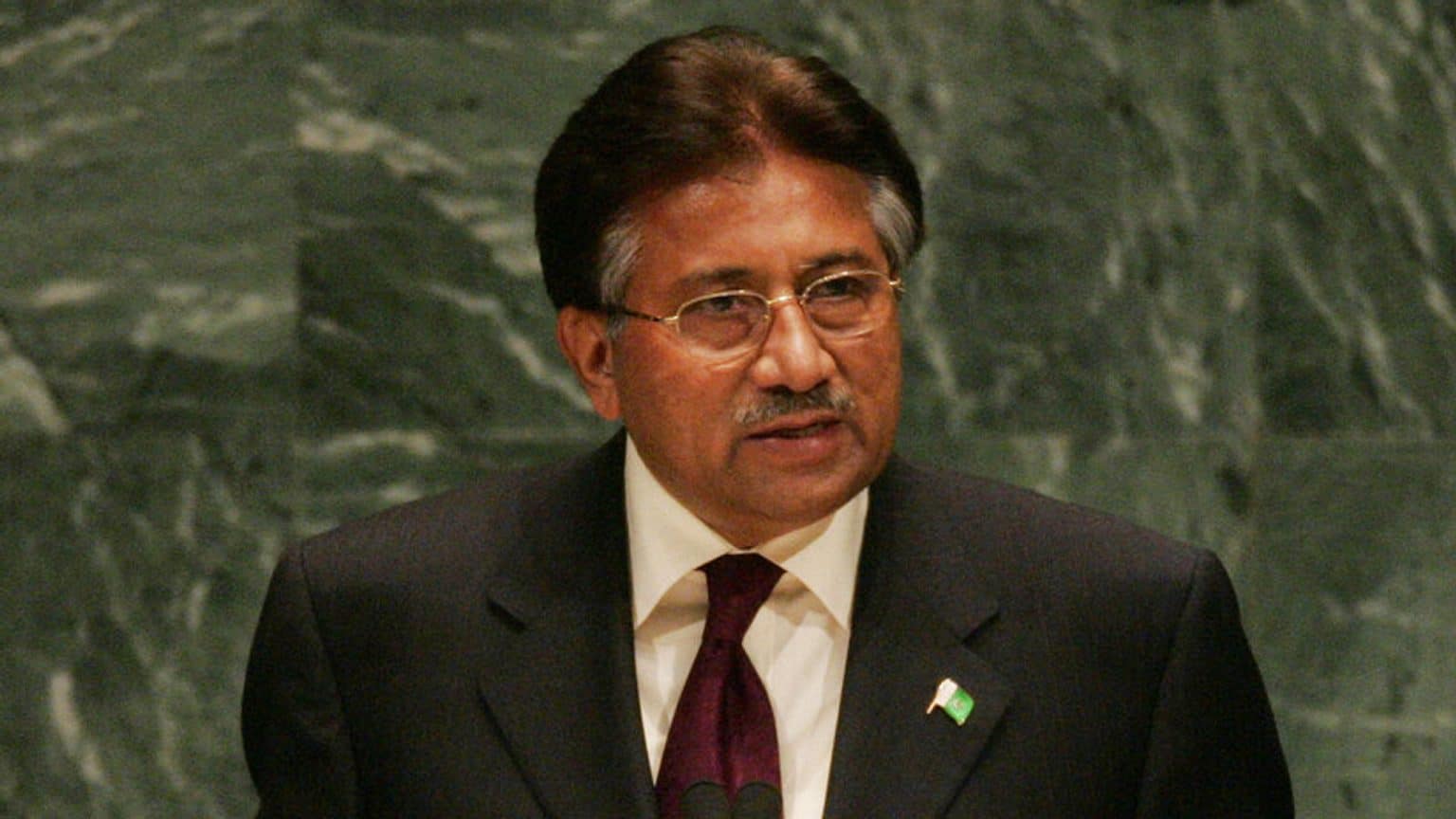General (ret.) Pervez Musharraf, the former head of state of Pakistan’s military, passed away on Sunday in Dubai.
According to his family, Pervez Musharraf, 79, had amyloidosis, a rare disease brought on by the accumulation of an abnormal protein called amyloid in various body tissues and organs. It may be challenging for the tissues and organs to function normally when amyloid proteins (deposits) accumulate.
The All Pakistan Muslim League (APML), Musharraf’s party, revealed that he had a rare disease in 2018, bringing attention to the former leader’s condition.
Chairman Joint Chiefs of Staff Committee of Pakistan (CJCSC) and Services Chiefs expressed their deep sorrow over the news and sent their condolences.
The Inter-Services Public Relations (ISPR), the military’s media wing, issued a statement that said, “May Allah bless the departed soul and give strength to the bereaved family.”.
In 1947, his family relocated from New Delhi to Karachi. He graduated from the Army Staff and Command College in Quetta and enlisted in the Pakistani Army in 1964.
Following a bloodless coup in which Musharraf took control of the country, the country was placed under martial law in 1999 after the then-prime minister Nawaz Sharif attempted to remove him from his position as army chief after having appointed him above more senior officers a year earlier.
From 2001 to 2008, the four-star general led Pakistan as president. During the US’s military intervention in neighboring Afghanistan, which took place against the backdrop of the 9/11 attacks on the US, he quickly sided with Washington.
He presided over economic growth during his seven years in office while avoiding at least three assassination attempts.
In a 2002 referendum, Musharraf was elected to a five-year term as president, but he delayed leaving his position as army chief until late 2007.
He failed to conceal the blurring of the line separating the state and Army with his easygoing charm, and he lost favor after attempting to remove Iftikhar Chaudhry as chief justice.
A significant uprising against Musharraf’s rule, known as the “Lawyers Movement,” began when the top judge questioned the legitimacy of Musharraf’s dual office as president and Army Chief. Only months after massive protests on July 20, 2007, forced Chaudhry back into power, Musharraf again tried to regain power by declaring an emergency and suspending the Pakistani Constitution.
A total of 97 senior judges were fired and placed in custody for their refusal to accept the emergency rule as the lawyer’s resistance grew.
The nation’s mood deteriorated further following the death of opposition leader Benazir Bhutto in December 2007, and his allies suffered humiliating defeats in the 2008 elections, which made him an outcast.
The disqualification from running in an election won by Nawaz, the man Musharraf had overthrown in 1999, ended his plans to take back power in 2013.
Musharraf visited Dubai in 2016 to receive medical attention after his travel ban was lifted.
For suspending the Constitution on November 3, 2007, Musharraf was charged in 2014. A special court handed down the ex-military strongman’s death sentence in absentia in a high treason case in December 2019.






